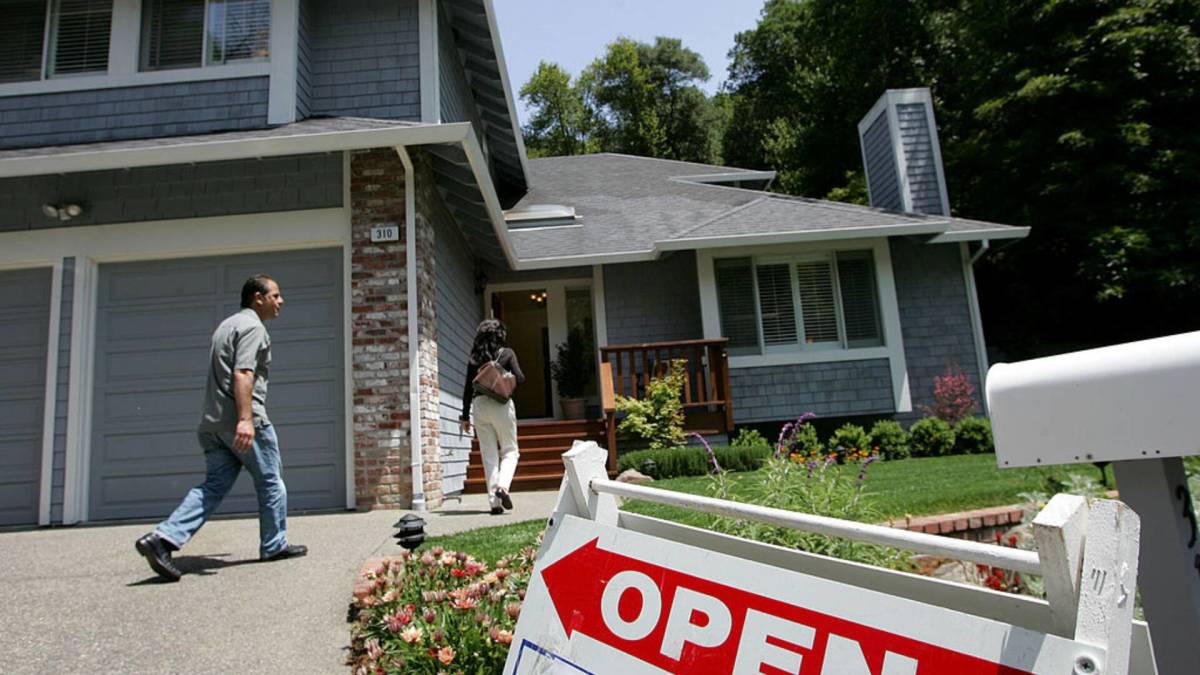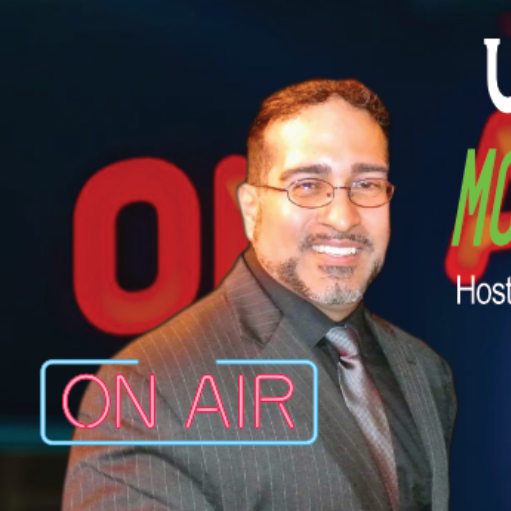When the Federal Reserve began slashing interest rates last September, many economists anticipated a corresponding decline in mortgage rates. However, persistent political uncertainty and market volatility dampened expectations for a rebound, with current rates climbing back toward 7%.
Inflation began rising at the end of 2024 after years of consistent decline, prompting the Federal Reserve to pause interest rate cuts. However, inflation has dropped down to 2.4% in recent months, prompting economists to speculate that another rate cut may be on the horizon.
🏦 🏡 Don’t miss the move: SIGN UP for TheStreet’s FREE daily newsletter 🏦 🏡
Though economic conditions are improving, the Fed has emphasized that it will not rush into any interest rate hikes or cuts until there is consistent data to support it.
Though the federal funds rate doesn’t directly impact mortgage rates, lower borrowing costs would likely improve homebuyer confidence and spur housing sales.
While a reserved approach is aligned with the Fed’s long-term strategy, some economists argue that a “wait and see” method may be holding back certain parts of the economy, particularly the housing market.
 Homebuyers are seen attending an open house. Rising home prices and high mortgage rates have kept many Americans out of the housing market, but lower interest rates may be enough to draw them back.
Homebuyers are seen attending an open house. Rising home prices and high mortgage rates have kept many Americans out of the housing market, but lower interest rates may be enough to draw them back.
Image source: Sullivan/Getty Images
Inflation is expected to drop in Q3, and may motivate the Fed to take action
The Fed has held interest rates at their current level between 4.25% and 4.50% at every Board of Governors meeting this year due to escalating economic uncertainty.
Although CME FedWatch projects a 90.7% chance that the Fed will hold interest rates where they are at the upcoming July meeting, it predicts a 57.9% chance there will be a rate cut at the September meeting.
Lawrence Yun, Chief Economist at the National Association of Realtors (NAR) believes that the Fed may not be giving enough consideration to how inflation has eased fro 3% to 2.4% over the past five months.
More on homebuying:
- The White House will take surprising approach to curb mortgage rates
- Housing expert reveals surprising ways to reduce your mortgage rate
- Dave Ramsey predicts major mortgage rate changes are coming soon
- Warren Buffett’s Berkshire Hathaway sounds the alarm on the 2025 housing market
“I believe that the Federal Reserve is a little step below, a step behind,” Yun said in an interview with Mortgage Professional America. “The Federal Reserve is not looking at other factors that could potentially reduce inflationary pressure,” he continued. “Things like deregulation, low oil prices and also how the shelter cost component is decelerating quite sizeably.”
Tariffs from the Trump administration’s global trade dominated news cycles and caused consumer confidence to plummet this year, but Yun suggests the Fed takes a more holistic approach.
“The Federal Reserve is not talking about or focusing on this other disinflationary pressure. They’re only focused on one thing: tariffs,” he continued. “As they widen the number of factors they’re looking at, I think that will give a little comfort to the market, that the Federal Reserve will be more inclined to cut interest rates sooner.”
Fed interest rate cuts could spur lower mortgage rates and increase housing activity
The lack of affordability and rising mortgage rates are the two biggest barriers preventing younger Americans from purchasing a home. However, the majority of Millennials and Gen Z have noted that mortgage rates below 6% would be enough incentive to buy a home.
Though it would likely take a combination of lower treasury yields, lower inflation and higher prices on mortgage-backed securities to mortgage rates down, lower interest rates could help restore homebuyer confidence and draw hesitant buyers back to the market.
Related: Bank of America predicts major housing market changes are coming soon
“And related to other uncertain geopolitical matters, at least related to the bond market, if anything, it is going to lead more money into the US Treasury bonds,” Yun explained.
He expects the years-long housing gridlock to resolve itself once mortgage rates come and affordability improves.
“And American consumers, they’re so far removed from what’s happening on the other side of the globe that they’re just looking at, they have a job. Mortgage rates are high, but if the mortgage rate goes down, and if they qualify for a mortgage, I think they will start searching for a home.”
Related: Veteran fund manager unveils eye-popping S&P 500 forecast
